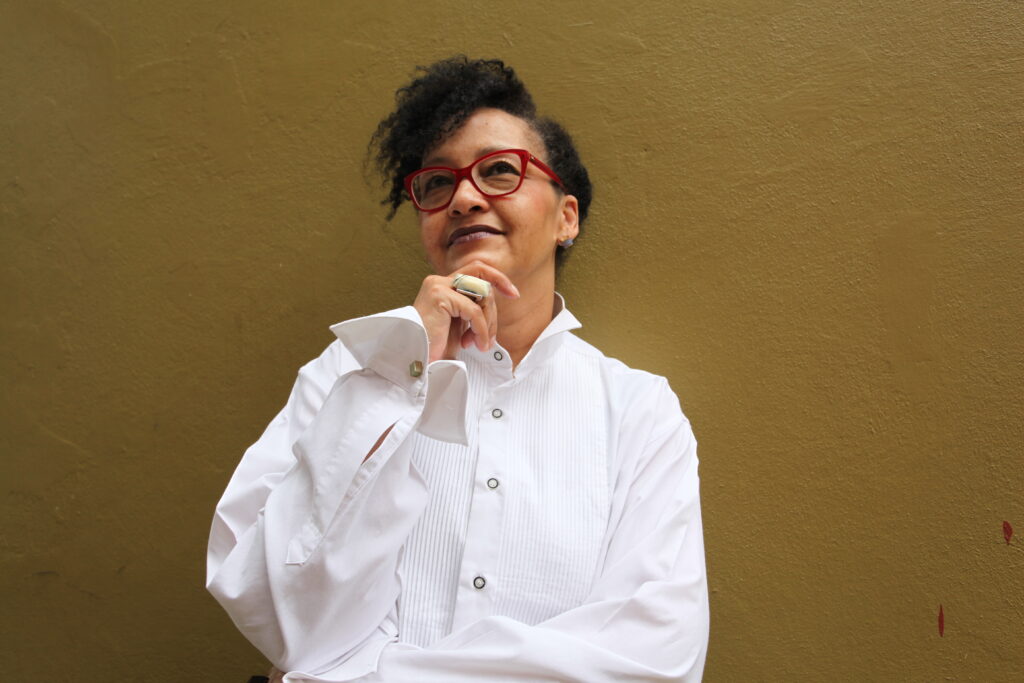When I look across South Africa’s entrepreneurial landscape, I see a nation in flux, brimming with possibility yet still grappling with deeply fixed barriers. Women are not just participants in this transformation; we are catalysts, shaping the future of design and business in ways that were unimaginable a generation ago. But what does it take for women to move from the margins to the mainstream of these sectors? And what stands in our way?
The numbers tell a mixed story. According to the latest Mastercard Index of Women Entrepreneurs, South Africa ranks second in Africa for the proportion of women-owned businesses and the formal support available to them, trailing only Botswana. Yet, women still account for just 19.4% of business owners in South Africa, and the pandemic has hit women-led businesses especially hard. 59% operate in sectors most affected by economic downturns, like retail and hospitality. Despite these challenges, the entrepreneurial spirit among South African women remains undeniable: nearly one in four female African entrepreneurs has innovated in some way, and women are increasingly visible across a wide range of industries, from construction and agriculture to IT and healthcare.
As the founder of The Next Chapter Studio, my journey has been shaped by a deep commitment to advancing women’s rights and economic independence. I believe that women should be able to claim their space anywhere and everywhere, not just as contributors, but as leaders and innovators. Through my work, I have seen firsthand the transformative power of mentorship, tailored business support, and network access.
One of the most powerful lessons I’ve learned is that visibility matters. When women see others who look like them succeeding in entrepreneurship, it changes what they believe is possible. I have made it my mission to use my skills, networks, and experience to amplify women’s voices and influence, both in the workplace and beyond.
Yet, the road is far from smooth. The Global Entrepreneurship Monitor (GEM) South Africa Report 2023/2024 reveals a sobering reality: women are exiting businesses at a higher rate than they are starting or running them, and only 4.1% of women own established businesses compared to 7.9% of men. The reasons are complex. Social and cultural expectations still pressure women to prioritise family over career, while gender bias, limited access to funding, and exclusion from key business networks persist.
But there are breakthroughs too. Government and private sector initiatives, like MTN’s Y’ellopreneur and Access Bank’s Womenpreneur competition, are opening doors for female entrepreneurs, providing funding, training, and mentorship. The spread of women-owned businesses across 25 industries in 2023, up from just eight the year before, signals that women are not only breaking into new fields but redefining what entrepreneurship looks like in South Africa. However, the gap remains for women entrepreneurs in midlife who need a different kind of support to grow their businesses. These are also the businesses that may have the capacity to create employment yet they lack the financial and infrastructural support needed. I know, because I am that woman. My business operates in a semi-rural coastal town and I create much needed employment for younger women who are single parents and have other caregiving responsibilities.
The evidence is clear: when women are empowered to lead and innovate, entire industries and economies are transformed. But progress is not inevitable. It requires intentional investment, tailored support, and a collective willingness to challenge the status quo.
My question to policymakers, funders, and business leaders is this: Are we ready to move beyond lip service and invest in the future that South African women are already building? Are we giving attention to the layer of women who have the ability to create jobs with support that is responsive to their needs, rather than a one size fits all approach?
About the Author
Shireen Motara is a certified coach, African feminist, and the founder of The Next Chapter Studio, a purpose-led business supporting womens wellbeing, financial security and leadership.. Her work spans coaching, mentoring, retreats, and lifestyle brands that empower women to lead with intention. She is also the owner of well know South African e-commerce brands with a following of over 30000 on social media,
For more information about The Next Chapter Studio, please visit www.thenextchapter.co.za, follow us on Facebook, LinkedIn and Instagram.
By Shireen Motara








